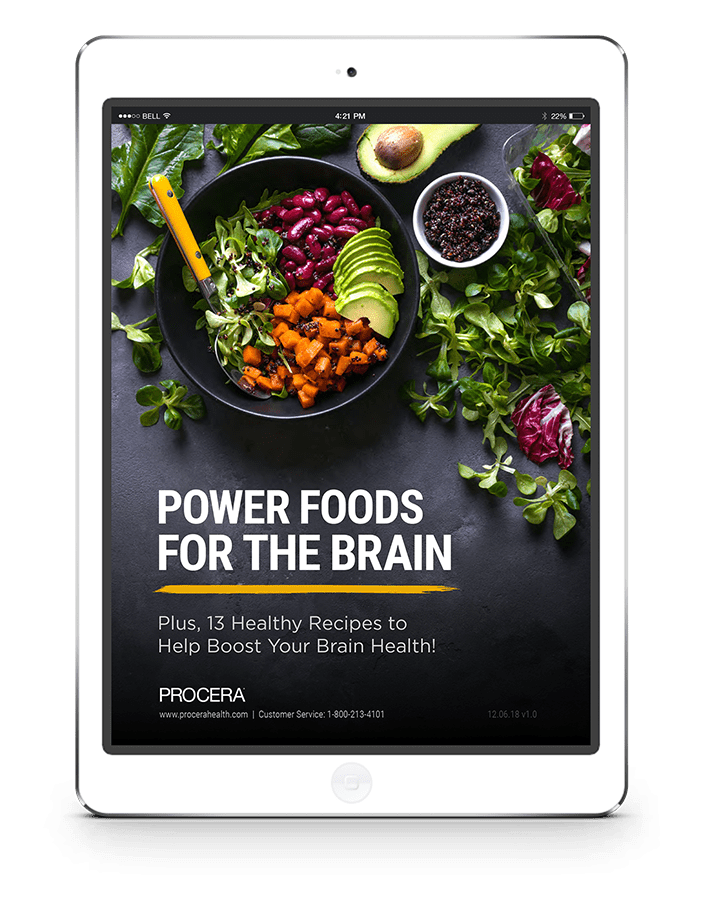
The sugary, high-fat foods we often crave when we are stressed or down, as comforting as they are, may be the least likely to benefit our mental health. As people across the world grappled with higher stress levels and anxiety in 2020, many turned to their favorite comfort foods: ice cream, pastries, pizza and chips. But studies in recent years suggest that the unhealthy foods we often crave when we are stressed or down, as comforting as they may seem, are the least likely to benefit our mental health. Instead, whole foods such as vegetables, fruit, fish, eggs, nuts and seeds, beans and legumes and fermented foods like yogurt are a better bet.
The findings stem from an emerging field of research known as nutritional psychiatry, which looks at the relationship between diet and mental wellness. The idea that eating certain foods could promote brain health, much the way it can promote heart health, might seem like common sense. But historically, nutrition research has focused largely on how the foods we eat affect our physical health, rather than our mental health.
A Healthy Diet Promotes A Healthy Gut
Recent research has provided intriguing hints about the ways in which foods may affect our moods. A healthy diet promotes a healthy gut, which communicates with the brain through what is known as the gut-brain axis. Microbes in the gut product neurotransmitters such as serotonin and dopamine, which regulate our mood and emotions. “A growing body of literature shows that the gut microbiome plays a shaping role in a variety of health issues, including major mood disorders,” a team of scientists recently wrote in the Harvard Review. People who eat a lot of nutrient-dense foods report greater energy and overall well-being.
You Don't Have To Be Rich To Eat Healthy
The good news is you don’t have to be rich to eat healthy. Did you know that most people actually save money by eating more nutritious foods? In a recent study, participants were spending on average $138 per week on food. Those who switched to the healthy diet lowered their food costs to $112 per week. Most healthy foods such as fish, beans, fruits and vegetables are available at your local grocery store.
How Foods Can Stimulate Brain-Derived Neurotrophic Factor (BDNF)
Dr. Drew Ramsey, a psychiatrist and assistant clinical professor at the Columbia University College of Physicians and Surgeons in New York, begins his sessions with new patients by taking their psychiatric history and then exploring their diet. He asks what they eat, learns their favorite foods, and finds out if foods that he deems important for the gut-brain connection are missing from their diets, such as plants, seafood and fermented foods. He often recites a jingle so people can remember the basics of his dietary advice: “Seafood, greens, nuts and beans — and a little dark chocolate.” Dr. Ramsey said these foods help to promote compounds like brain-derived neurotrophic factor, or BDNF, a protein that stimulates the growth of neurons and helps protect existing ones. They also contain large amounts of fiber, unsaturated fat, antioxidants, omega-3 fatty acids and other nutrients that have been shown to improve gut and metabolic health and reduce inflammation, all of which can affect the brain.
“Mental health is complex,” said Dr. Jacka, the director of the Food & Mood Centre at Deakin University in Australia and the president of the International Society for Nutritional Psychiatry Research. “Eating a salad is not going to cure a mood disorder. But there’s a lot you can do to lift your mood and improve your mental health, and it can be as simple as increasing your intake of plants and healthy foods.”








.png?width=1350&name=Procera%20Logo%20W%20Tagline%20White%20(3).png)
Comments
Add Comment